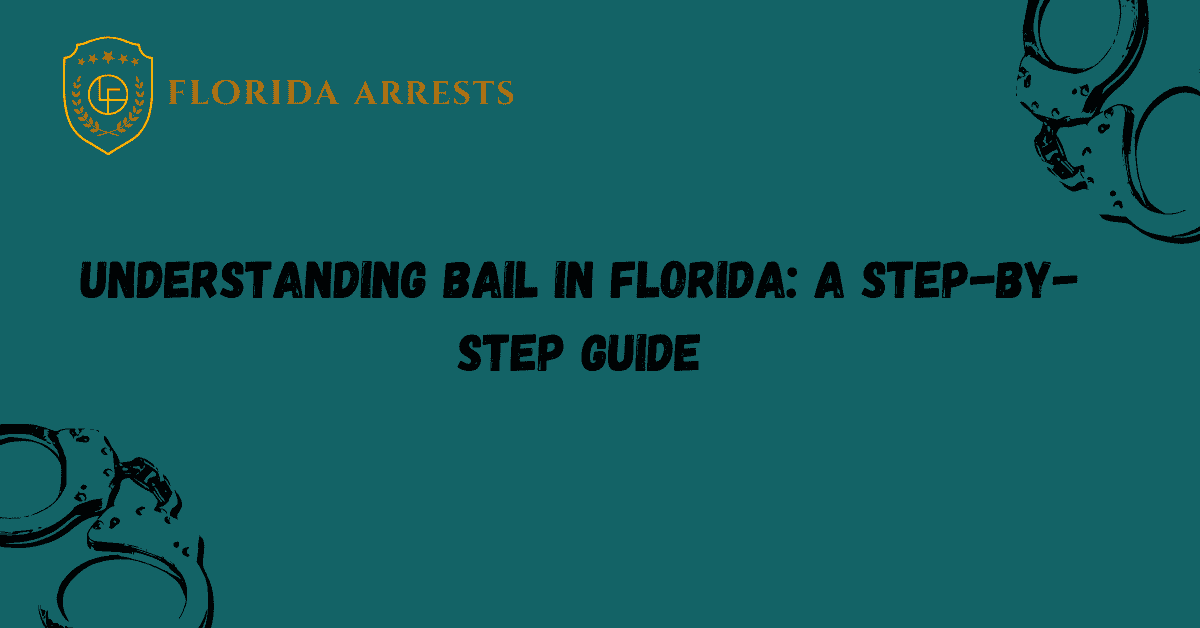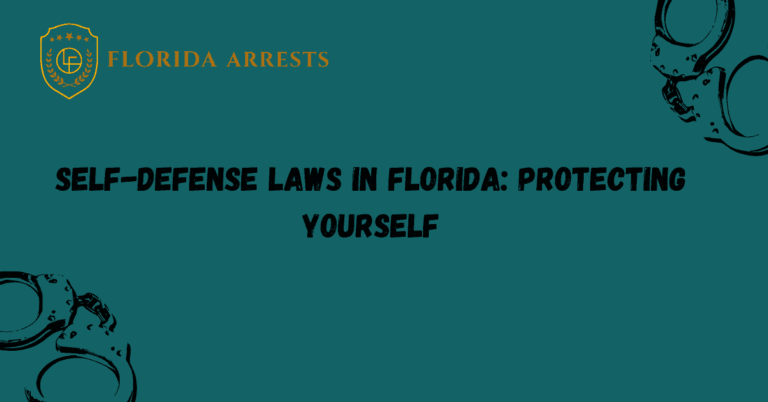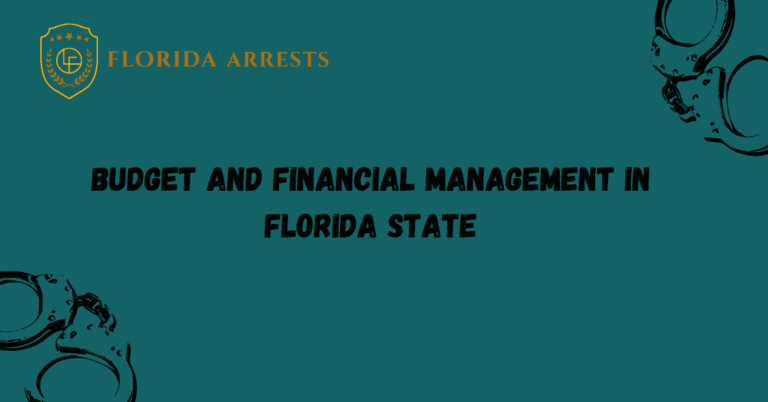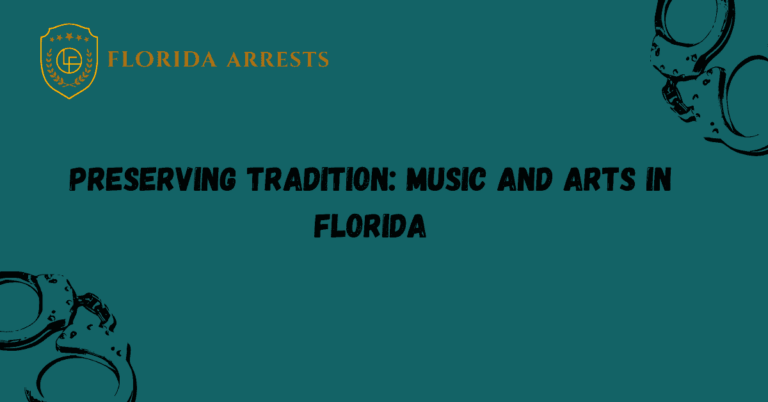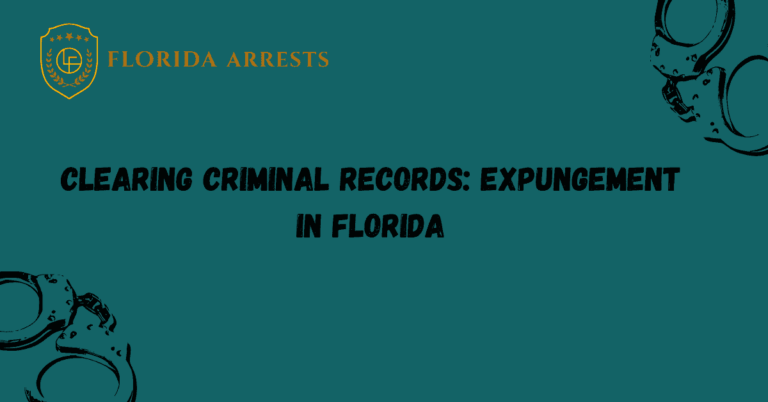Understanding Bail in Florida: A Step-By-Step Guide
When it comes to dealing with legal matters, it is essential to have a clear understanding of the processes involved. One such process is bail, which plays a crucial role in the criminal justice system. Bail allows individuals accused of a crime to secure their release from custody while awaiting trial. However, navigating the bail system can be complex and overwhelming, especially for those who are unfamiliar with the legal system. In this comprehensive guide, we will break down the intricacies of bail in Florida, providing you with a step-by-step explanation of the process and key information you need to know.
Understanding Bail in Florida: A Step-By-Step Guide
The Purpose of Bail
Bail serves as a way for individuals accused of a crime to secure their release from custody while awaiting trial. It is designed to ensure that defendants show up for their court proceedings and to prevent them from being held in jail for an extended period without being convicted.
How Bail Works
When a person is arrested, a judge sets a bail amount based on various factors, including the severity of the crime, the defendant’s criminal history, and the risk of flight. The defendant can choose to pay the full bail amount or enlist the help of a bail bondsman.
Types of Bail Bonds
In Florida, there are several types of bail bonds available, including cash bonds, surety bonds, property bonds, and signature bonds. Each type has its own requirements and implications.
The Bail Process
Once bail has been set, the defendant or their representative can post bail. This involves providing the necessary funds or collateral to the court or a bail bondsman. The defendant is then released from custody, with the understanding that they must appear in court for all scheduled hearings.
Consequences of Skipping Bail
If a defendant fails to appear in court as required, they may face serious consequences. This can include the revocation of their bail, a warrant for their arrest, and additional criminal charges.
Working with a Bail Bondsman
Many defendants choose to work with a bail bondsman to secure their release. Bail bondsmen charge a fee, usually a percentage of the total bail amount, and provide the necessary funds to the court on behalf of the defendant.
Legal Considerations
It is important to understand that bail is not available for all offenses. Certain crimes, such as capital offenses or those involving a threat to public safety, may not be eligible for bail. Additionally, the court may impose conditions on the defendant’s release, such as staying away from certain individuals or places.
FAQs
What is bail and how does it work?
Bail is a process in which a person accused of a crime is released from custody before their trial, by providing a certain amount of money as a guarantee that they will appear in court. If the accused fails to appear, the bail money is forfeited.
How is the amount of bail determined?
The amount of bail is determined by several factors, including the severity of the crime, the defendant’s criminal history, and the likelihood of the defendant fleeing before their trial. A judge considers all these factors before setting the bail amount.
Can anyone be granted bail?
In most cases, yes. However, there are certain situations where bail may be denied. This includes cases involving serious crimes, repeat offenders, or when there is a significant risk of the defendant fleeing or endangering others.
What happens if I can’t afford to pay the bail amount?
If you cannot afford to pay the full bail amount, you can seek the assistance of a bail bondsman. A bail bondsman will pay the bail amount on your behalf, in exchange for a non-refundable fee, usually a percentage of the total bail amount.
What are the responsibilities of a defendant after being released on bail?
After being released on bail, a defendant is required to appear in court for all scheduled hearings and proceedings. They must also comply with any additional conditions set by the court, such as avoiding contact with certain individuals or refraining from traveling outside the jurisdiction.
What happens to the bail money if the defendant is found guilty?
If the defendant is found guilty, the bail money is typically returned to the person who paid it, minus any fees or expenses owed to the court. However, if the defendant violates the terms of their release or fails to appear in court, the bail money may be forfeited.

